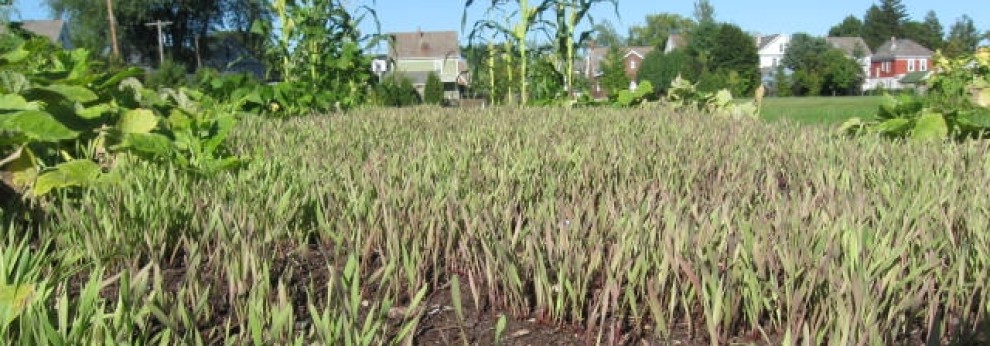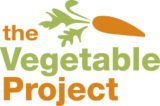 We organized what we called an Invasive Species Workshop this summer at Myers Middle School with a general awareness that plants and animals from different parts of the world can really disturb stable ecosystems when they’re introduced to places where they don’t belong. And we organized the two-day activity with the conviction that teaching opportunities drawn from our surroundings and involving physical work can engage kids like no textbook, YouTube Video or PowerPoint ever can.
We organized what we called an Invasive Species Workshop this summer at Myers Middle School with a general awareness that plants and animals from different parts of the world can really disturb stable ecosystems when they’re introduced to places where they don’t belong. And we organized the two-day activity with the conviction that teaching opportunities drawn from our surroundings and involving physical work can engage kids like no textbook, YouTube Video or PowerPoint ever can.
We focused on Purple loosestrife because it is the easiest invasive to spot around our garden, displaying its lovely pinkish-purple flowers each August, though it is hardly the only one. And we led incoming sixth graders in identifying the plant mapping locations (marking spots where it was found on an aerial photograph) on Aug. 23 and then removing it from the soil on Aug. 24.
We are under no illusion that we made a dent in the ability of this plant to spread in our neighborhood. We know, however, from simply talking with kids, that many gained understanding of a few important environmental concepts – like what native and invasive species are.
What we didn’t know was that a report would be published a few days later – Sept. 4 to be precise – providing more scientific backing for our general awareness and concern than we could have imagined. A quick reading of news media accounts about the findings of Intergovernmental Science-Policy Platform on Biodiversity and Ecosystem Services, working with United Nations support, might even create the impression that this would be worth schools teaching about, at least if they have living examples of the situation right in their backyards. The Washington Post put it this way: “Invasive pests are wreaking havoc across the planet, destroying crops, disseminating pathogens, depleting fish people rely on for food and driving native plants and animals toward extinction, according to a major report backed by the United Nations.”
The report said the pests are costing the world’s inhabitants $423 billion a year and that that figure is growing rapidly.
Maybe if the local media picked up the story, they might have said something like, “U.N. report backs Vegetable Project concern” in their headline.
A friend on the Myers faculty actually did suggest that the school’s curriculum masters might consider building on what we started. We would be so pleased to see that happen.
–Bill Stoneman




One response to “U.N. report reinforces VegProj concern big time ”